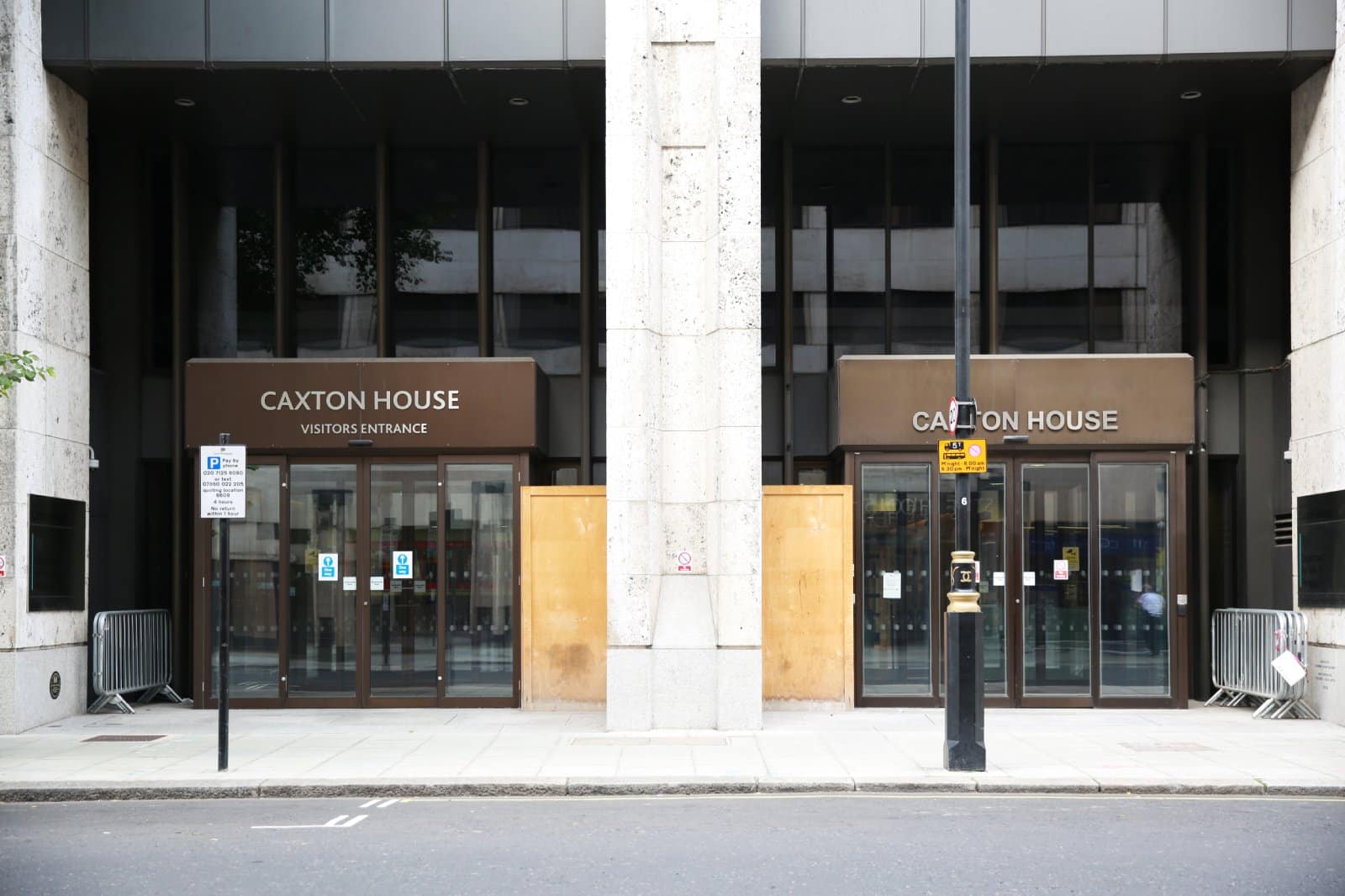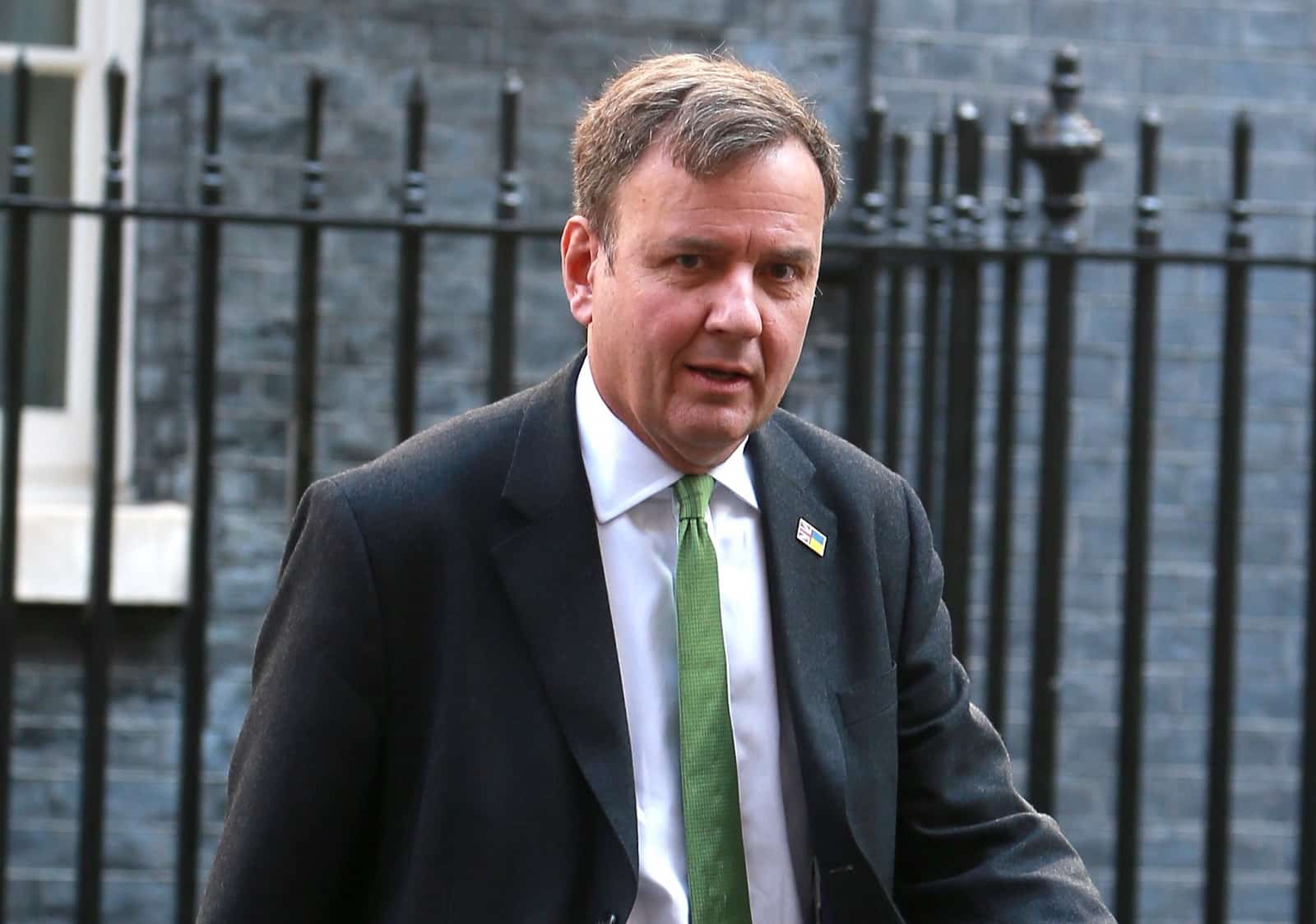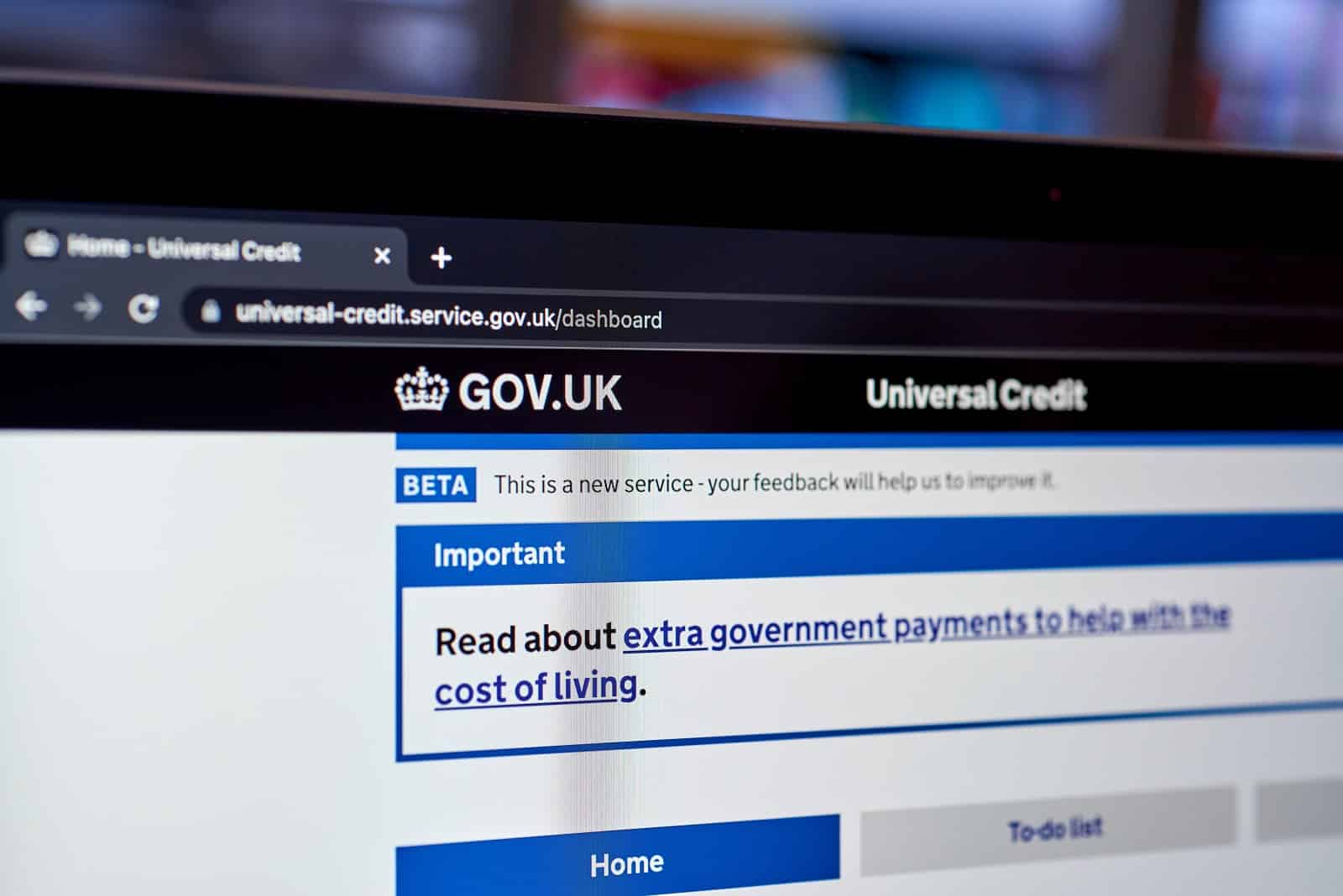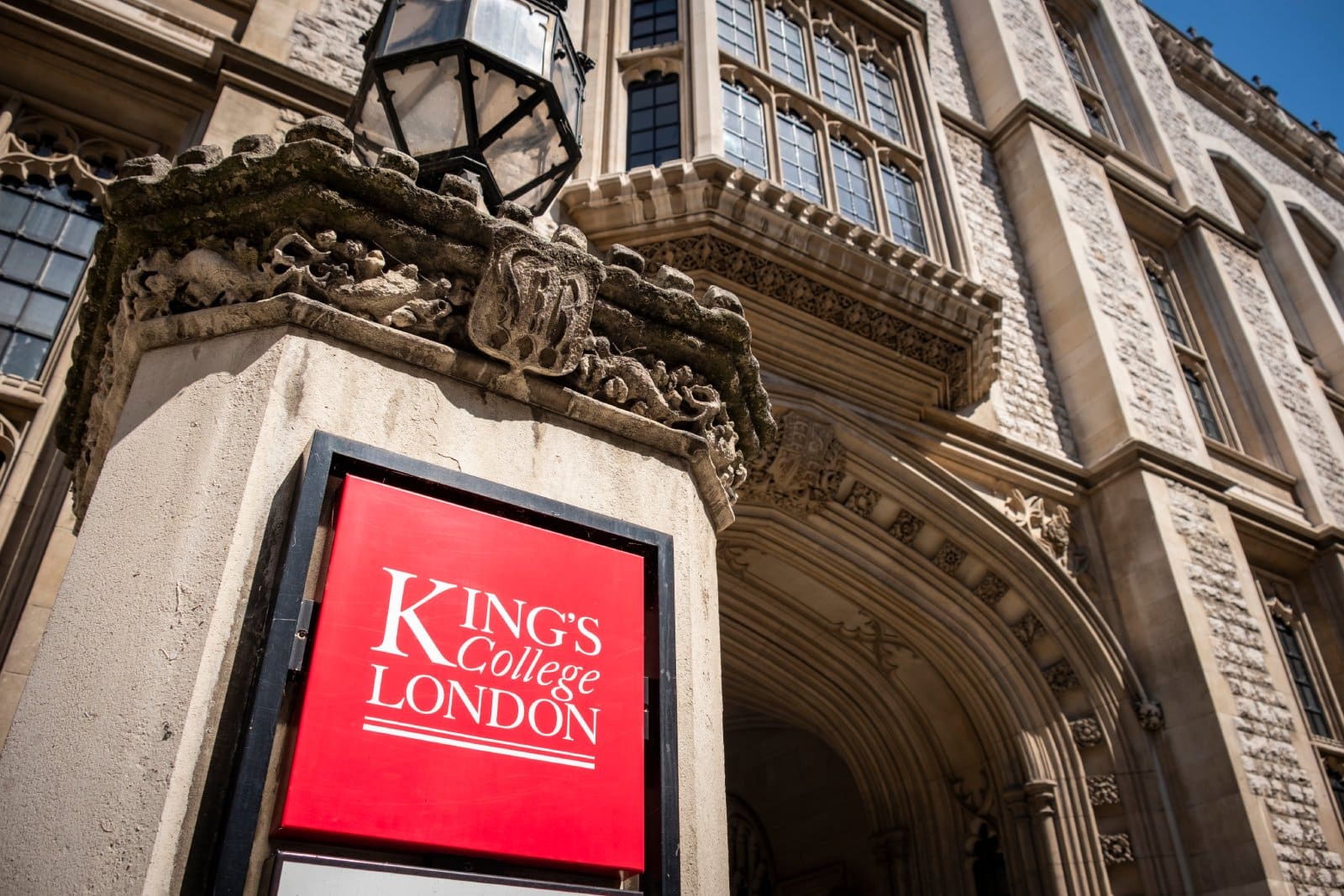Changes to the welfare system mean that anyone working for less than 18 hours a week will be expected to seek more work if they want to keep receiving Universal Credit.
Increase in Hours For Claimants

Before these changes, people claiming Universal credit only had to work for 15 hours a week. The changes have been introduced as part of a broad reform of the welfare system in the UK.
Changes Impacting 180,000

The Department for Work and Pensions says that the new regulations will impact 180,000 people claiming benefits.
Work and Pensions Secretary Comments

Regarding the changes, Mel Stride said” “I want to help thousands of people on their journey off benefits. We will always back those who want to work hard, and today, we are radically expanding the support available to help people progress in work.”
Stride Defends Reforms

He also said, “With the next generation of welfare reforms, I want to help thousands of people on their journey off benefits and towards financial independence.”
Plan to “Make Work Pay”

The initiative is designed to make working more attractive. Stride said, “Our plan is making work pay, with people in full-time work now £7,000 better off than on out-of-work benefits and our tax cuts putting £900 back in the pockets of millions of workers across Britain.”
Sunak Backing Reforms

The Prime Minister said: “Welfare should always be a safety net, and not a lifestyle choice which is why we’re ushering in a new era of welfare reforms to help more people progress off benefits and into work.”
Hope More Workers Means Better Economy

Sunak also said, “Today’s changes will help more people on Universal Credit move into well paid jobs and progress towards financial independence – which is better for them and for the economy.”
Changes Relative to Income

The changes allow people to work fewer hours as long as their earnings meet the Administrative Earnings Threshold (AET). The figure has been set at £892 – the monthly equivalent of 18 hours on minimum wage.
Additional Hours Expected if AEt Not Met

Suppose a person claiming Universal credit isn’t earning the Administrative Earnings Threshold. In that case, they will be asked to look for more work or more lucrative sources of income.
Changes Extend to Job Centre

The government website says that to help people find additional work, “dedicated employment support will be offered through our Jobcentres, like CV support and skills training.”
Benefit Loss Will Occur

The Government has said that if people claiming the benefits don’t engage with the help or turn away work offered to them, they may lose some of their benefits.
The Charity Sector Has Concerns

Michael Clarke from ‘Turn2Us’, a charity that helps those experiencing financial difficulty, said, “It’s vital that the support system truly supports, rather than penalises those it’s meant to help. These changes severely challenge those managing jobs with irregular or fluctuating incomes and carefully balanced responsibilities like childcare.”
Clarke Concerned for Single Mothers

He also said: “For single mothers and others on razor-thin margins, these adjustments risk tipping them into crisis, exacerbating financial instability and mental stress as they struggle to meet these new demands.”
Government Figures Show Intervention is Working

They say the new rules “builds on the significant steps already taken to break down barriers to work, with almost four million more people in employment compared to 2010. The Government is clear that those who can work to support themselves, should work, and they should feel better off for doing so.”
Figures Show Enough Jobs

The government figures show that 180,000 people will be affected by the changes, and there are 900,000 open job vacancies in the economy, so there is plenty of work to go around.
Changes Widely Praised on Social Media

Social media shows that there are plenty of people who support the measures. Anything that reduces the amount of people on benefits is a vote winner, whoever is behind the proposals.
Government Determined to Increase Workers

As mentioned in previous statements, Rishi Sunak is determined to increase the UK’s workforce, given the large number of people on sickness benefits. There’s also a significant economic cost when people aren’t working.
Costs of Universal Credit

Figures from the Office for Budget Responsibility show “spending on UC alone is expected to be £51.2 billion in 2023-24, up from £42.6 billion in 2022-23, and is forecast to reach £88.1 billion in 2028-29.”
Government Keen to Reduce This Spend

By reducing this bill, there’s an economic double-whammy. One is a reduction in cost to the taxpayer, and the other is more people in work, which means GDP growth and more tax revenue for the Government.
25 Things You CAN’T Talk About Anymore

Remember the days when you could freely discuss just about anything without fear of sparking controversy? Well, those days are long gone. In today’s hyper-sensitive world, there are topics so fraught with tension that even mentioning them can lead to heated debates and hurt feelings. 25 Things You CAN’T Talk About Anymore
Stranded: 15 Worst British Cars in History

Ever had a car that spent more time with the mechanic than on the road? A car that turned every journey into a game of “Will we actually get there?” If so, you might just see a familiar face (or should we say, chassis) in our countdown to the most unreliable British car in history. Stranded: 15 Worst British Cars in History
“Britain Will Become Unrecognizable” – Suella Braverman Spells Disaster for UK Amid Steep Rise in Visas Issued

Former Home Secretary Suella Braverman has warned that Britain will become “unrecognizable,” criticizing the amount of work visas the Home Office has approved, despite only being removed from her role in November. “Britain Will Become Unrecognizable” – Suella Braverman Spells Disaster for UK Amid Steep Rise in Visas Issued
20 Things From the ‘70s That Are Not OK Today

Step into the time machine and set the dial to the 1970s, a decade of disco, bell-bottoms, and some rather questionable choices. While the ’70s gave us iconic music and groundbreaking TV, not everything from this groovy era would get a green light today. 20 Things From the ‘70s That Are Not OK Today
20 Best and Worst Universities in the UK

Navigating the UK university landscape is like deciphering a complex code of rankings, reviews, and reputations to uncover where you’ll not just learn, but truly flourish. Whether you’re drawn to the historic halls of Oxford or the creative buzz of Goldsmiths, finding your perfect fit is about aligning your aspirations with the unique offerings of each institution. 20 Best and Worst Universities in the UK
The post Work For Your Money: Benefit Claimants Told to Work first appeared on Edge Media.
Featured Image Credit: Shutterstock / pathdoc.

